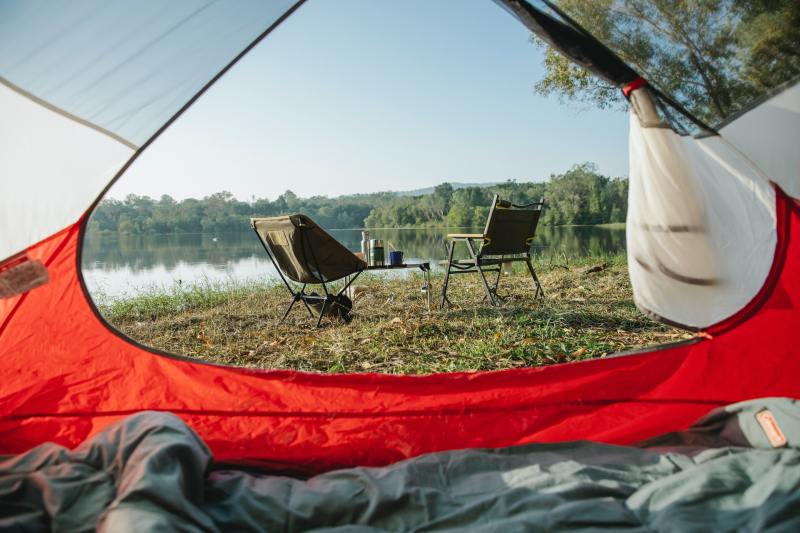
They say that experience is the best teacher, and I have had my fair share of camping experiences. My list of camping fails is extensive, stretching back to my teenage years when I wasn’t ready to listen to the advice of the grizzled old campers around the campfire. What did they know that I didn’t already know?
I’m not going to go into my complete list of camping catastrophes — that would take too long and might make you question my camping authority. Instead, I’ve included my top learning experiences, a positive spin I like to put on
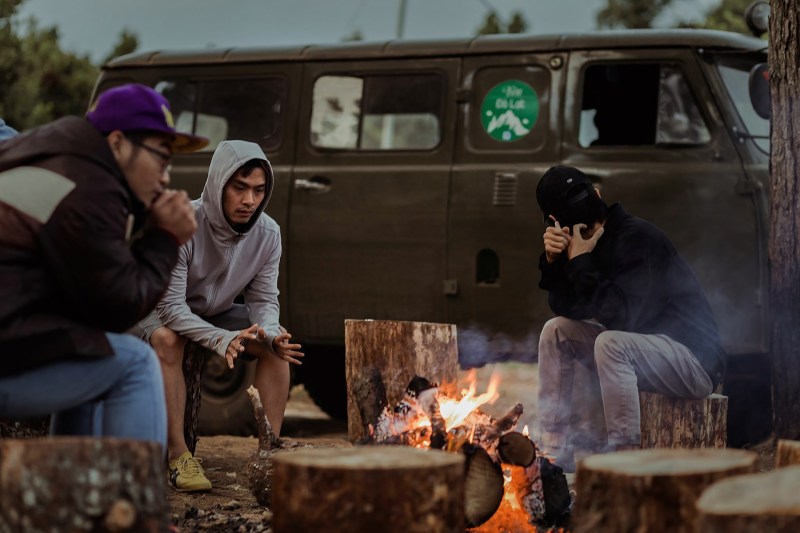
Not checking your gear between trips
Never presume that something is packed in your camping bag. As a regular camper, I don’t always unpack between trips. I grab my bag and head back out the door, often forgetting that my tent fly is hanging up in the garage to dry or that I took the poles out to check the bungee. By the time you realize your mistake, it’s too late, and you have to make the best shelter possible with whatever pieces of tent you’ve still got from your previous trip. Don’t forget to recharge those batteries and avoid stumbling about in the dark, too.
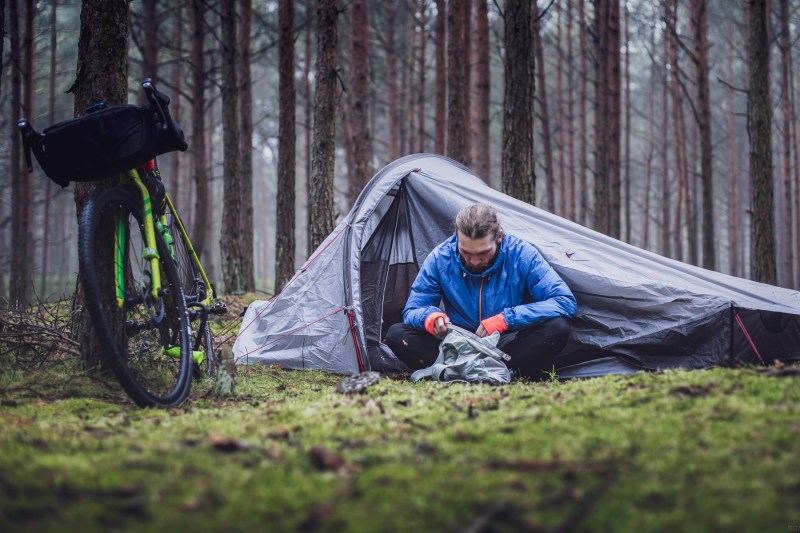
Pitching in a ditch
This is camping gone wrong 101 and usually happens when you arrive at camp at night. You find that perfect flat spot to pitch up, only to find that you’re in a depression that collects just enough water to turn your sleeping pad into a pool float. Bonus points if you’re near a river that bursts its banks because you didn’t check the forecast further up the watershed.
While pitching your tent, no matter how good the view is, don’t be tempted to pitch your tent with the door into the wind. This turns your tent into a wind tunnel every time you open the door and can pull your tent from the ground or damage it beyond repair.
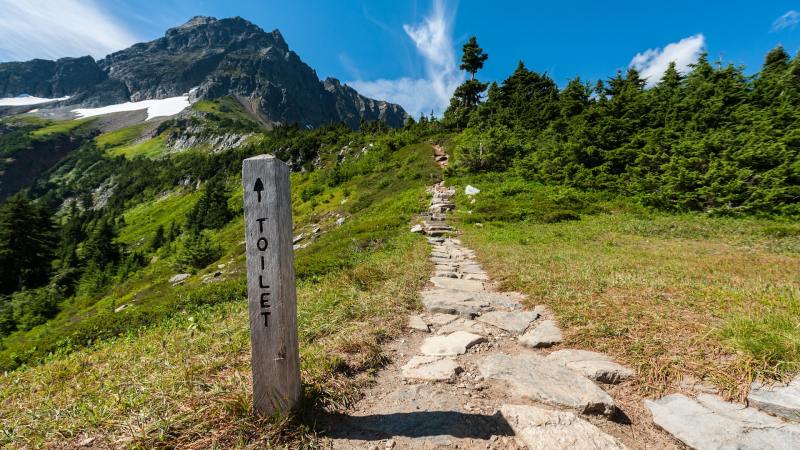
Cathole catastrophes
When nature calls, you need to answer, and sometimes this means digging a cathole. Catholes come with unique issues, from poor aim — practice makes perfect — to finding out too late you’re on top of an ant’s nest. Digging a cathole with a log to rest on is never a bad idea, but just be sure to check the strength of your backrest before you overcommit — a loud cracking noise warned me, but you might not be so fortunate.
Also, never underestimate how much toilet paper you need — it’s better to pack it back out than work out an alternative.
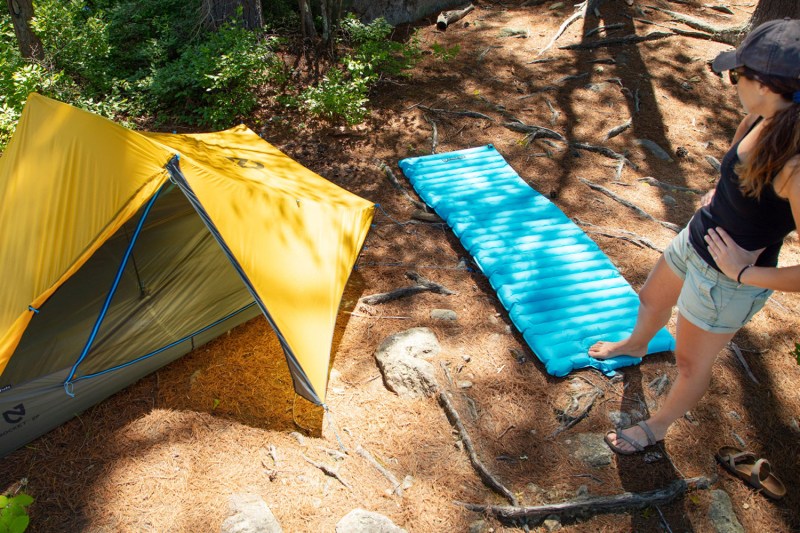
Presuming that your sleeping pad is only there for comfort
This is a mistake I see all too often, but your sleeping pad does much more than keep you comfortable and off the ground. Without a sleeping pad, you lose a vast amount of body heat straight through the floor of your tent and into the ground, no matter what time of the year it is. It might be the first piece of gear you want to lose to go lightweight, but sleeping directly on the ground is never a good idea.
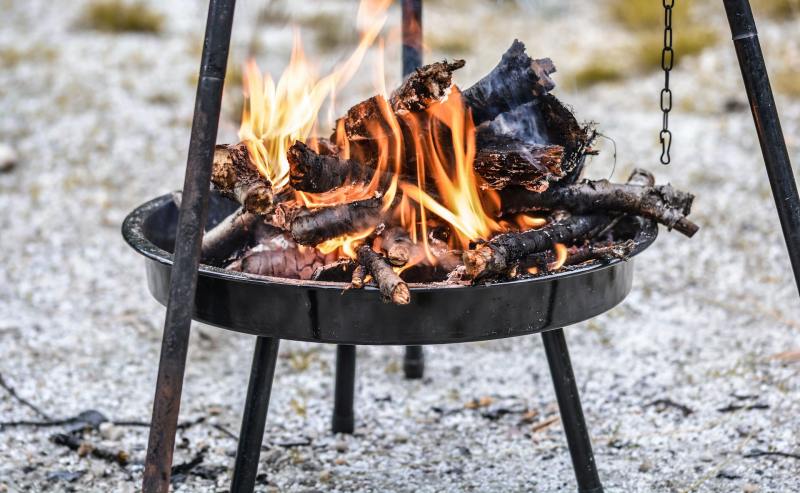
Overcommitting to campfire cooking
Is there anything that says camping like cooking on a campfire? You can make endless recipes on the embers or in pots suspended over your fire, but I recommend carrying a small
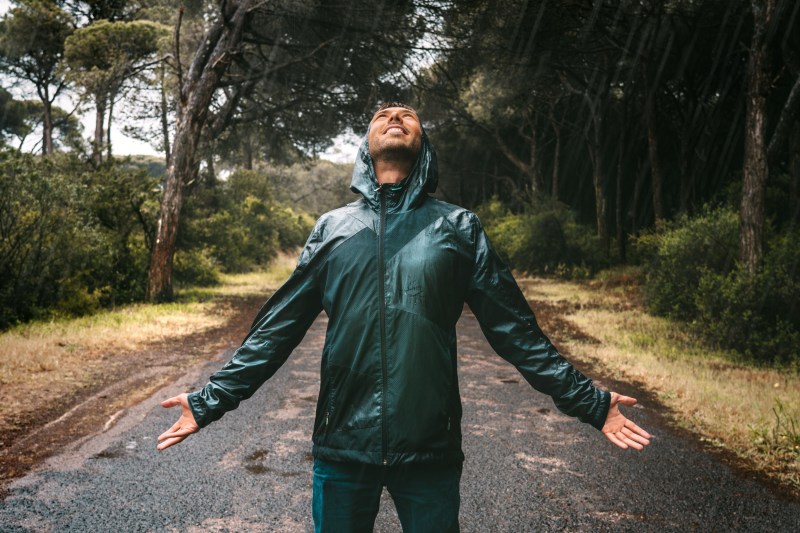
Putting too much faith in the forecast
Speaking of staying warm, those nighttime temperatures might not be quite what the forecasters suggest. Committing to the forecast and packing a superlight sleeping bag, or believing that it isn’t going to rain on your trek, will save you a little weight in your bag. But when it turns out the forecast was wrong, and you’re stuck on the trail without your waterproofs and with cold nights, it’s too late to change anything.
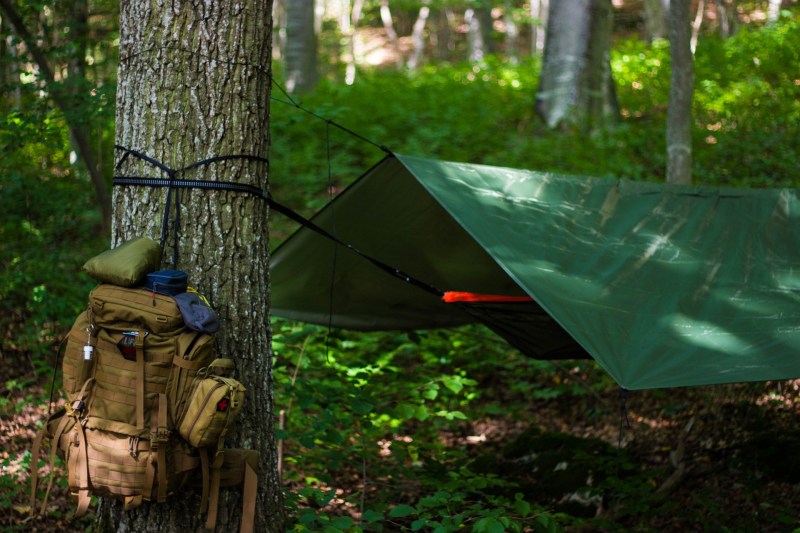
Misaligning your tarp and hammock
This is a PSA for all of you hammock campers: get a bigger tarp. Get a tarp that gives you plenty of space for your hammock. Standard tarps are only a little longer than your hammock itself and believe me, it’s easy to get the alignment wrong. Camping hammocks tend to be fully waterproof — often doubling as a ground bivvy — which means they’re effective at collecting rainwater and leaving you swinging in a puddle.
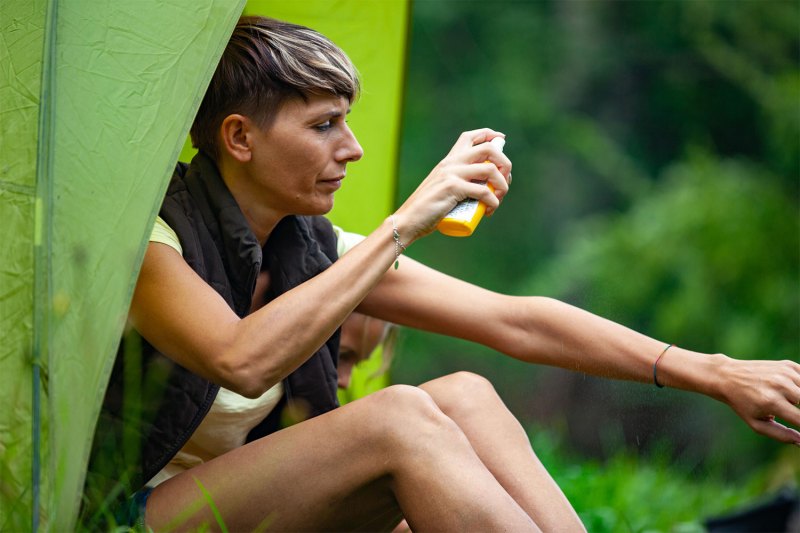
Getting bugged
There will be bugs. Pack spray, pack nets, pack any deterrent you can carry. Bugs are an unavoidable part of camping and can ruin your trip. If you pack all the stuff and don’t have to use it, that’s great, but never presume you won’t need it. Make sure your tent fly is built to keep bugs out, too. Large ventilation holes are great to keep you cool, but when your sleeping quarters become a swarm, you’re in for a bad night.
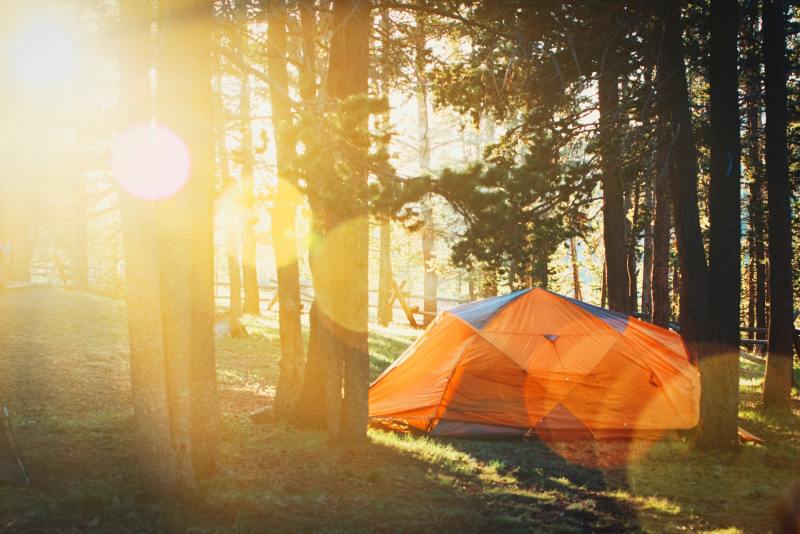
Bringing new gear
You’ve got to learn how to use it at some point, but standing out on the campsite with your brand-new tent isn’t the time. Breaking your gear the hard way might give it the true test of how good it is, but it’s also the test of your patience. I’ll caveat this one, though, because while most of the time this isn’t a good idea, you might choose to go camping purely to test out your new gear. In this case, you would turn up early and give yourself plenty of time to get your head around it. If you’re heading on a thru-hike or driving into a late-night
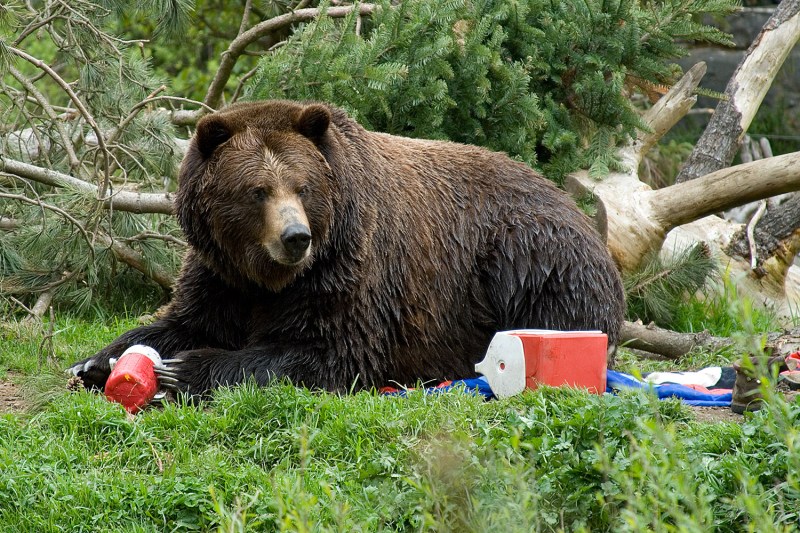
Not keeping a tidy camp
No one likes doing dishes while camping, but a clean and tidy camp is more relaxing, hygienic, and safer. You don’t want to attract wildlife of any size into your camp, and dirty pots and dishes will do that. Keep your food and litter safely out of reach of local animals, and pack your gear away when you’re done with it. You never know when a rainstorm or strong winds will rip through your camp, and you don’t need to be running around in the night trying to find your



